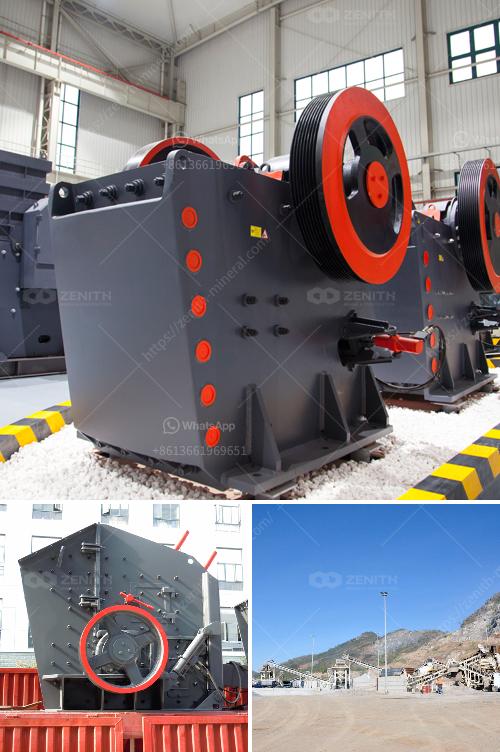Mining gypsum typically involves extracting, crushing, and processing the mineral. For this purpose, you would need several types of machinery in order to complete the work efficiently:
Jaw Crusher: This is a primary crusher used for breaking large gypsum rocks into smaller sizes. It's robust and capable of handling large chunks of material.
Hammer Crusher: After the initial crushing, a hammer crusher is often used for secondary crushing. It effectively crushes the material into finer particles.
Cone Crusher: Depending on the desired size of the gypsum particles, a cone crusher might be used for further processing. It achieves a higher level of size reduction and produces more uniformly sized particles.
Impact Crusher: This type of crusher can be used as an alternative to a cone crusher. It typically gives more cubic-shaped particles and works well for fine crushing of gypsum.
Gypsum Mill (Raymond Mill, or Vertical Mill): Post-crushing, the material needs to be ground into a fine powder. These mills are used to achieve the necessary fine particle size.
Vibrating Feeder and Screen: To facilitate the processing and ensure uniformity, vibrating feeders and screens are employed. These help in sorting the crushed material's size and ensuring it is evenly fed into the grinding mill.
Belt Conveyor: This machinery is used to transport the crushed gypsum from one stage of processing to the next, including from one type of crushing machine to another.
Implementing these types of machinery ensures efficient gypsum mining and processing, yielding high-quality gypsum for various applications such as plaster, drywall, and soil conditioning.
